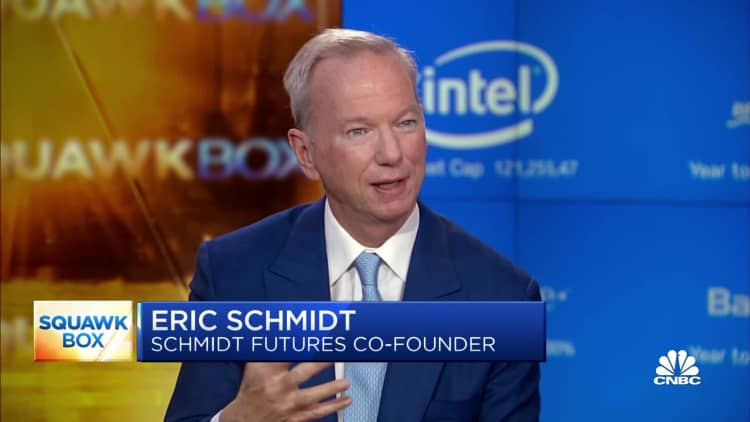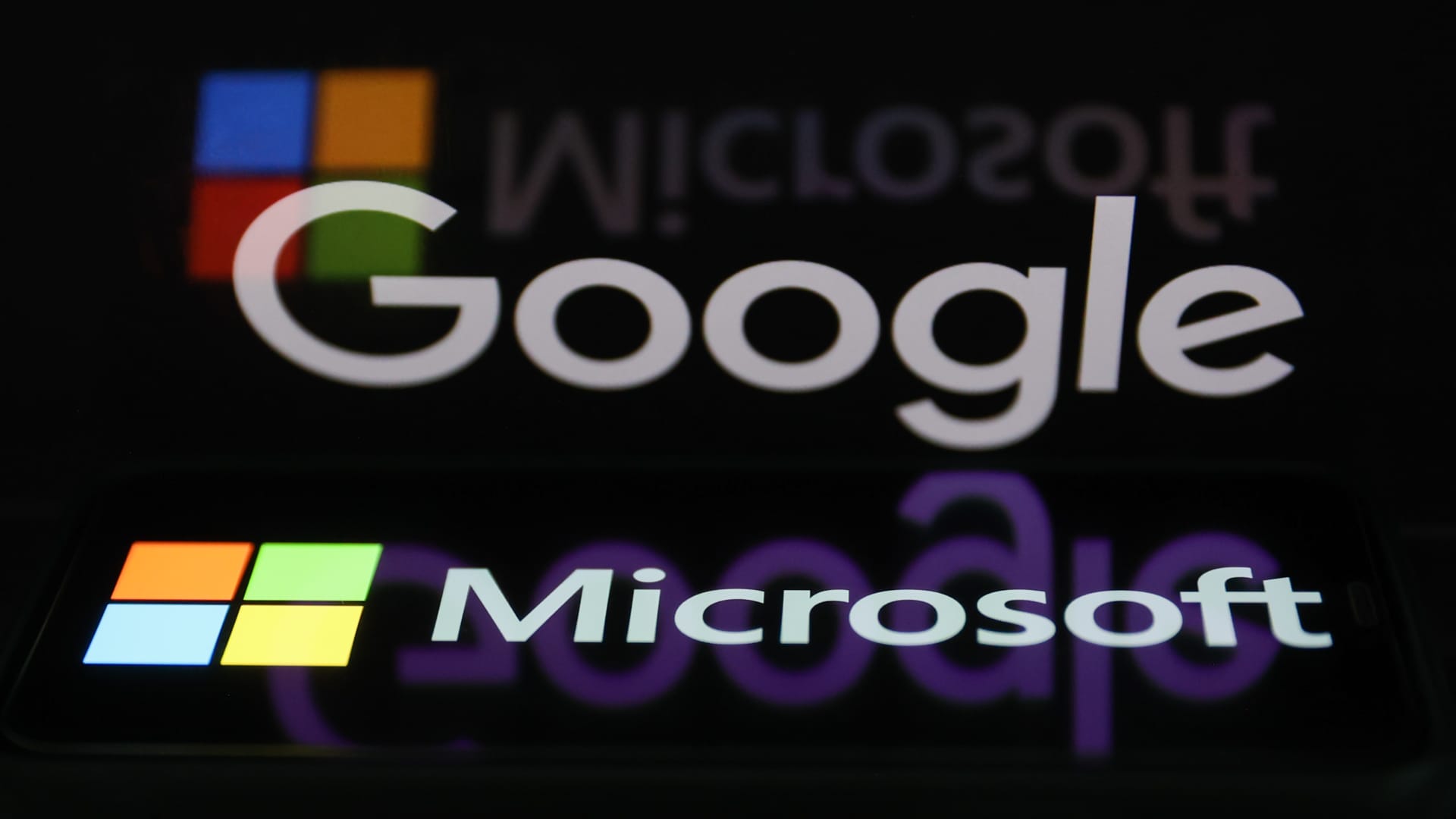Jakub Porzycki | Nurphoto | Getty Images
Alphabet shares slumped more than 3.5% Monday morning after The New York Times reported Samsung is considering ditching Google as the default search engine on its phones in favor of Microsoft‘s Bing.
Shares of Microsoft were up about 1%.
Google pays billions of dollars every year to phone manufacturers, including a reported $20 billion annually to Apple, to serve as the default search engine. In return, the search company reaps billions of dollars worth of advertising, which has long been a profit center for Google.
Samsung and Google’s deal is up for renewal soon, the Times reported, and is worth an estimated $3 billion in revenue to Google. Samsung is a major Android manufacturer, and the news that Samsung would consider a switch reportedly surprised Google employees.
“Wow, OK, that’s wild,” one Google worker reportedly responded to the news.
Google has more than a 90% share of the search market, according to StatCounter, and is in the middle of a contentious battle with the Department of Justice over its search dominance. The DOJ has fixated on Google’s apparent pay-to-play model, noting that paying to maintain default status has “harmful effects on competition and consumers.”
Microsoft’s Bing has languished for years behind Google. But Bing saw a surge of interest with the launch of its AI chatbot, which relies on OpenAI’s GPT model. CNBC previously reported on how the launch of both Bing Chat and OpenAI’s ChatGPT spurred Google into an all-hands “code red” response.
Samsung and Microsoft have an established partnership. Microsoft’s Office apps are preloaded on Samsung phones, for example, and Samsung phones have built-in software that makes it easier to connect them to Windows computers.
It isn’t clear if Microsoft would be willing to pay the same price that Google would. Microsoft relies far less on search and advertising and derives a significant amount of its revenue from cloud and enterprise solutions.
Samsung’s reported reassessment may be a moot point, however, as Google looks to integrate Bard into search as soon as the fall.
Read more from The New York Times.



























































![Mason Ramsey – Twang [Official Music Video] Mason Ramsey – Twang [Official Music Video]](https://i.ytimg.com/vi/xwe8F_AhLY0/maxresdefault.jpg)





















